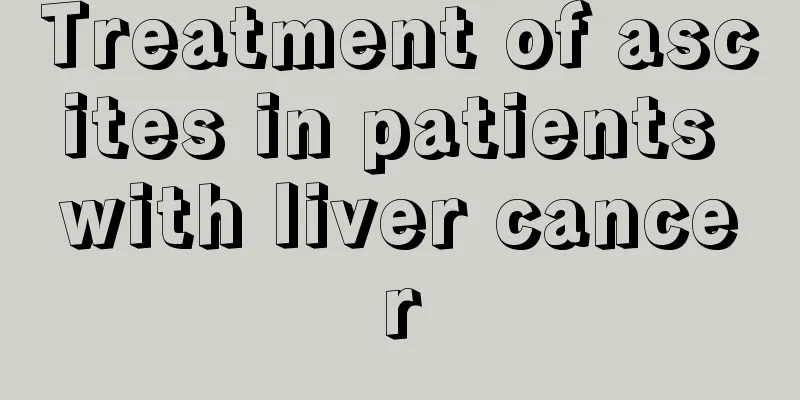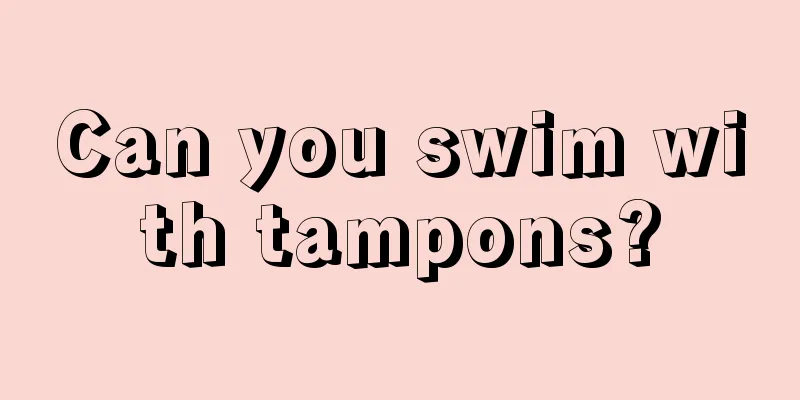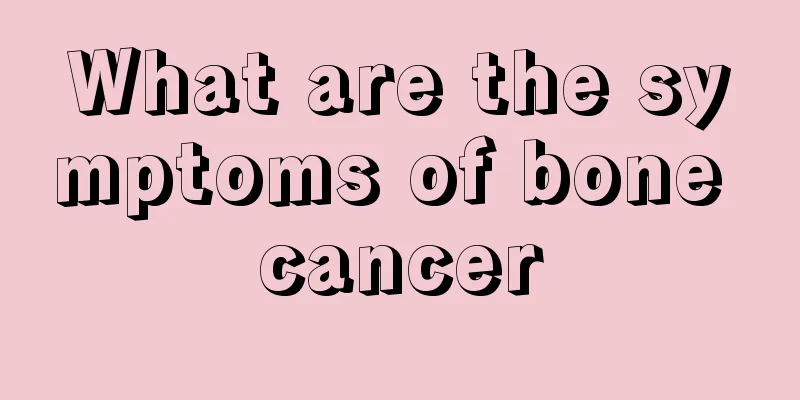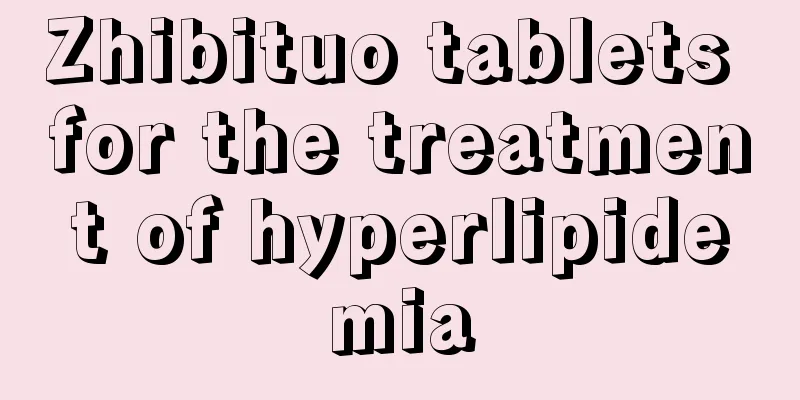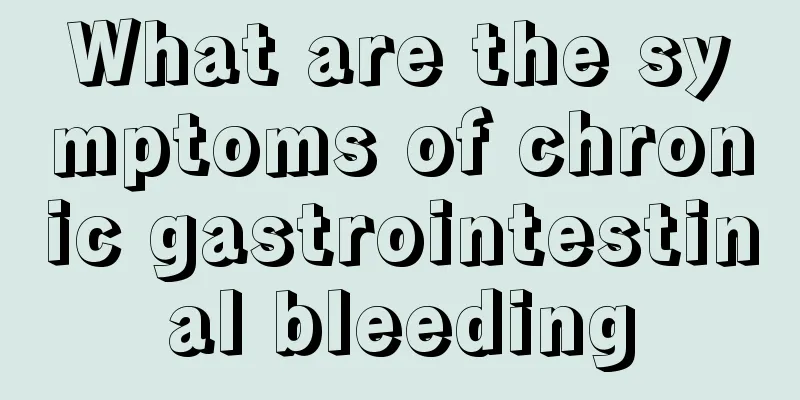What is the best medicine for cholecystitis

|
If you suffer from cholecystitis, it is recommended to consult a professional doctor about the use of medication. Current medications for treating cholecystitis include atropine, Shudantong, and anti-inflammatory and choleretic tablets. If the condition is serious, surgical treatment should be considered. 1. Non-surgical treatment: It can also be used as preoperative preparation, including: a. bed rest, fasting, and gastric tube decompression for those with abdominal distension; b. fluid replacement, correction of water, electrolyte and acid-base imbalance; c. antispasmodic and analgesic; d. intravenous administration of effective antibiotics, such as gentamicin, ampicillin, chloramphenicol, and cephalosporin; it is effective for 80%-85% of early cases. 2. Surgical treatment 1. Acute cholecystitis: Generally, it is recommended to undergo active medical treatment for 12 to 24 hours, and then elective surgery after the symptoms are relieved. 2. Chronic cholecystitis: Regardless of the presence or absence of stones, the gallbladder has lost its function and is an infected lesion, so surgical resection should be performed at an appropriate time. Acute cholecystitis: 3. General treatment 1. Rest in bed, give easily digestible liquid food, avoid greasy food, fast in severe cases, decompress gastrointestinal tract, and supplement nutrition, water and electrolytes intravenously. ⒉ Antispasmodic and analgesic drug treatment: atropine 0.5mg or 654-2 5mg intramuscular injection; nitroglycerin 0.3-0.6mg, sublingual; vitamin K38-16mg, intramuscular injection; pethidine analgesia. ⒊ Antimicrobial treatment: ampicillin, ciprofloxacin, metronidazole; aminoglycosides or cephalosporins can also be used. It is best to choose antibiotics based on the results of bacterial culture and drug sensitivity tests. ⒋ Choleretic: Shudantong, anti-inflammatory choleretic tablets or Qinggan choleretic oral liquid can be taken orally, and can be used only after the attack is relieved. 5. Surgical treatment: Patients with necrosis, suppuration, perforation, or incarcerated stones should receive timely surgical treatment, such as cholecystectomy or cholecystostomy. |
<<: What is the reason for high alanine aminotransferase
>>: Is it really good to drink lemon water in the morning?
Recommend
Why is blood red?
I believe everyone knows that human blood is red ...
What are the symptoms of benign and malignant ovarian tumors
Ovarian tumors are common gynecological tumors in...
Is it serious for pregnant women to have kidney cancer?
The three symptoms of kidney cancer in pregnant w...
The benefits of soaking your feet in mugwort leaves
The medicinal herb mugwort has been used in our l...
Scar quick recovery
In fact, many people do not want to have scars on...
How much deep sleep is healthy?
In today's society, many people have encounte...
Calories in a peach
Eating peaches regularly can help you beautify yo...
Don’t break scald blisters randomly, learn these treatment techniques
For some reasons, people often get scalded by hot...
What are the tips for unclogging a blocked squat toilet?
In life, we often encounter some small problems i...
Methods to promote blood circulation in the neck
Obstructed blood circulation in the neck has beco...
What is the best way to deal with loose teeth of an 18-year-old male youth
When we talk about loose teeth, we first think of...
Where is the best place to get moxibustion for fever
People often experience symptoms of colds and fev...
Brown spots on feet
The skin on a normal person's feet should be ...
Is it good to use a milk mixer for babies?
After birth, a baby's body is in a period of ...
What is the reason why people in the south are short?
Usually when southerners mention northerners, the...


